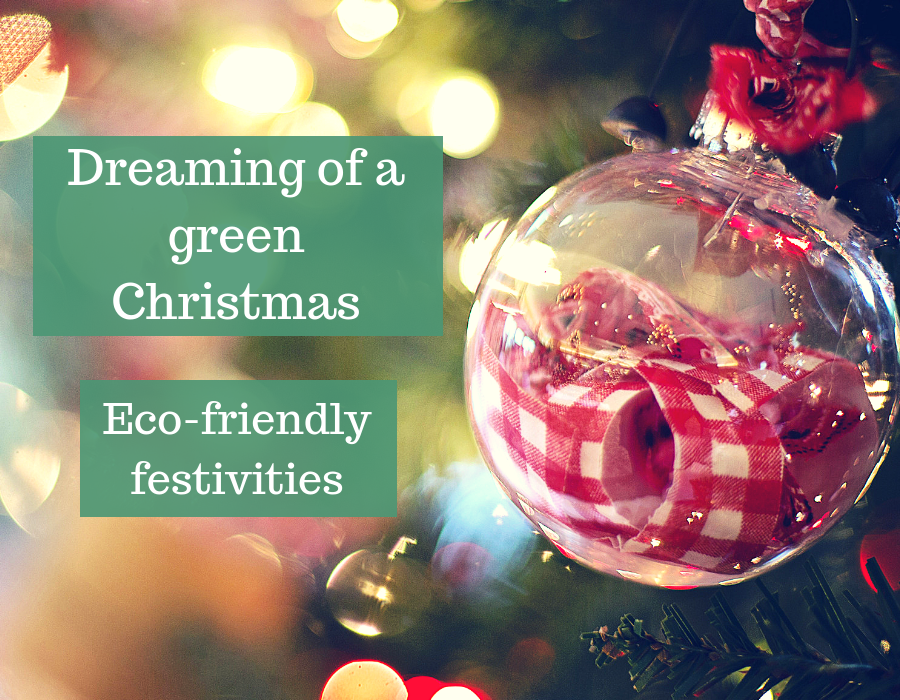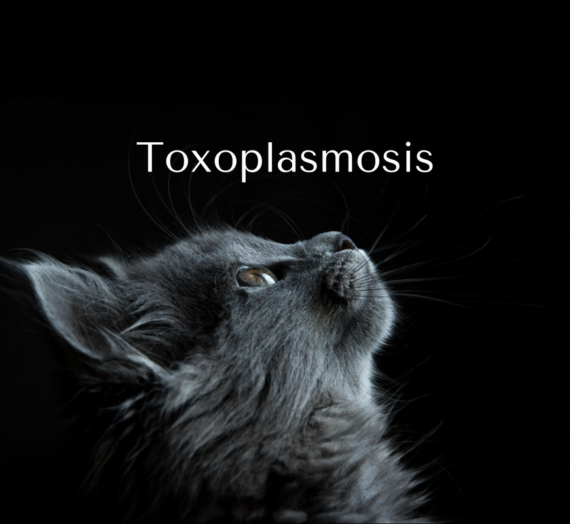Roisin Conneely
It’s the most wonderful time of the year. The dawning of December signals the chance to kick back and relax for most of us, as the year draws to a close and the festivities begin. Whilst it’s definitely something to look forward to, we should also be looking further into the future, to ensure that our Christmas celebrations stay sustainable and kind to the planet. Whilst the environment may be the last thing on your mind as you crack open your third bottle of sherry on Christmas day, here are a few pointers for how to have a more eco-friendly holiday season.
Christmas trees

Most of us probably assume that cutting down a tree every year can’t be good for the environment, whilst an artificial tree can be reused for years. However, recent research suggests that a plastic tree needs to be used 20 times in order to be more eco-friendly than using a real tree. Carbon emissions from the use of real trees are estimated to be a third of those produced by artificial trees over a six year life span. Furthermore, most artificial trees are produced in Asia, and need to be transported across the world to consumers, whereas real trees can generally be sourced locally. There are pros and cons on both sides, so it’s important to do your research before deciding which kind of tree is best for you.
Food
Over the Christmas season in the UK, we will consume 10 million turkeys. Poultry farming has numerous effects on the environment, from the production of waste material from birds (blood, bones etc.), poor management of litter and manure, as well as high greenhouse gas emissions. These are issues found in all forms of animal product production, which is why veganism is advocated as a way to cut out the middle-man, as it were, and gain the highest nutritional content with the lowest amount of waste. Whilst a Christmas dinner with all the trimmings might be considered the centrepiece of the day, why not consider swapping to a nut roast or a lentil bake instead? Nowadays, vegan alternatives to meat are plentiful in supermarkets, and contrary to popular belief, they can be tasty! If this sounds like too drastic a change, perhaps try cutting down on your meat consumption over the holidays and ramp up the veggie content instead. Understandably, Christmas might not sound like the best time to go cold turkey on…well, turkey, so why not think about taking part in Veganuary next month, to get a taste for the vegan life? You can sign up here.
Sustainable snacking
Christmas is the season of excess, with most of our houses full to the brim with boxes of chocolates, biscuits, and other delightful treats. As a nation, we throw away 230,000 tonnes of unused Christmas snacks over the holidays. This is an even bigger problem when you consider how much packaging these products typically contain, usually composed primarily of plastic. It’s easy to get caught up in the madness of seasonal supermarket trips and clear the shelves of everything we can get our hands on ‘just in case’, but this Christmas, let’s make an effort to really think about whether we really need 12 packets of mince pies. Make sure to check the ingredients too, and try to avoid unsustainably sourced palm oil, keeping an eye out for the Roundtable on Sustainable Palm Oil certificate. Iceland is a good destination for palm-free products, which you can read more about in our article here.

Glitz and glamour
Glitter is synonymous with Christmas, from glitzy cards and wrapping paper, to decorations and packaging, but what cost is this having to the environment? Glitter is actually a microplastic – tiny pieces of plastic, less than 5mm in length, which when released into the oceans, can be eaten by many marine animals, causing devastating effects. Estimates suggest that there are currently 51 trillion microplastic fragments in the oceans currently, and this number is set to rise unless we do something about it. So, when shopping for your Christmas cards, wrapping paper and presents, try to avoid ones shrouded in glitter. Or, how about making your own cards, using eco-friendly glitter alternatives, as listed in this article.
Recycling
Whilst we’re on the subject of cards, make sure to recycle any paper used over the Christmas season, whether that be in the form of cards, wrapping paper, or any recyclable plastics found in packaging from your food and gifts. Don’t forget that you can also recycle unwanted presents too, either by donating to a charity shop, returning to store, or throwing a gift-swap party with some equally underwhelmed friends!




